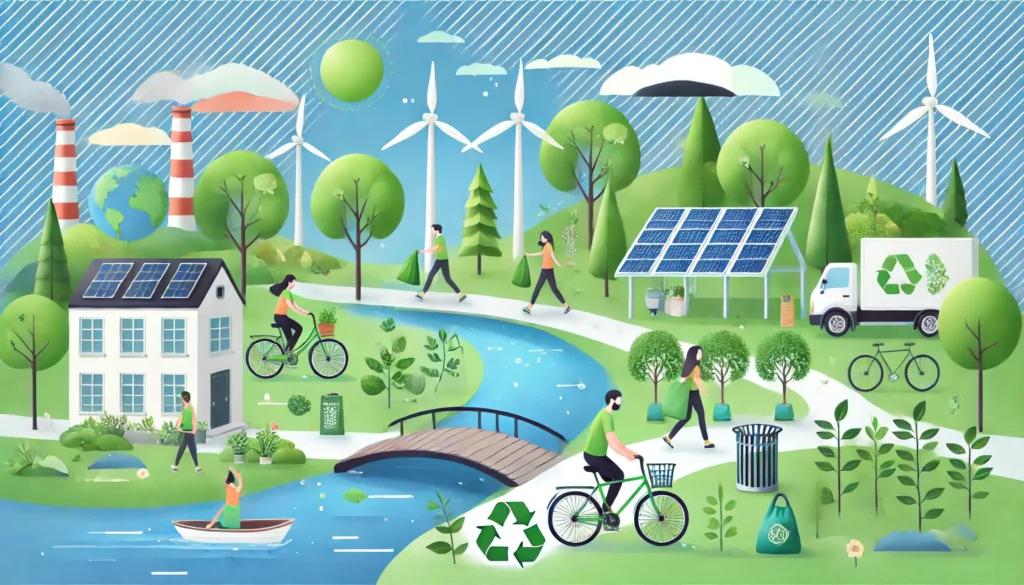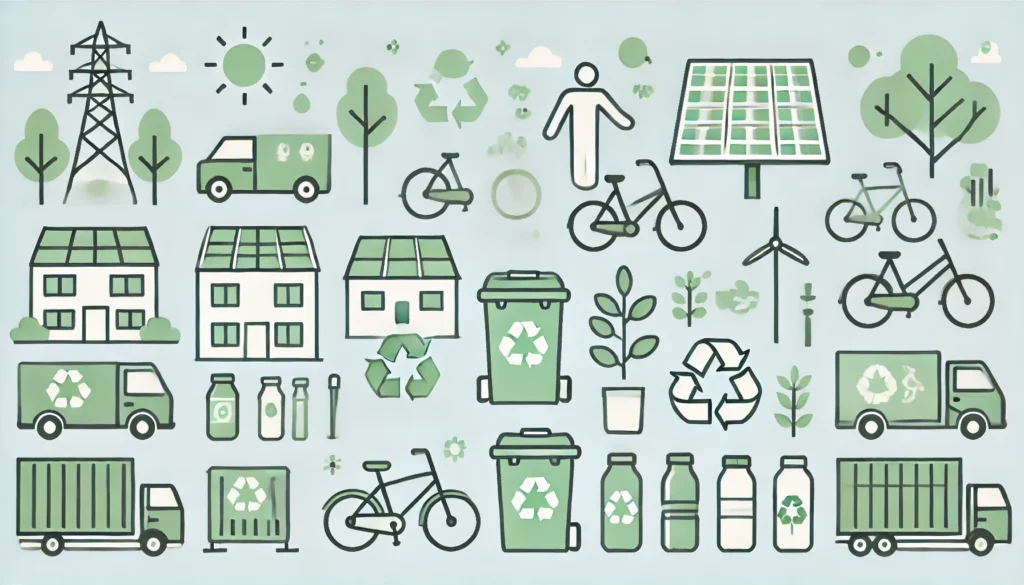What would India look like if there were zero tolerance for public littering? A cleaner, greener, and healthier India is possible if citizens, businesses, and the government work together to eliminate littering. By holding everyone accountable and promoting waste management, India could experience numerous benefits, from improved public health to enhanced tourism. But what would it take to achieve zero tolerance for littering, and how would it transform the country?
In this blog post, we’ll explore how India could change with strict anti-littering measures, what these changes would mean for communities and the environment, and the steps needed to make zero tolerance for public littering a reality.
The Current Situation: Public Littering in India 🌆🚮
Public littering is a common sight in many Indian cities, towns, and villages. Streets, parks, and public spaces often suffer from piles of garbage, which includes plastic waste, food wrappers, and other non-biodegradable items. Despite ongoing efforts to promote cleanliness, littering remains a significant issue that affects public health, environmental sustainability, and India’s image on the global stage.
What Zero Tolerance for Public Littering Could Look Like 🌍🚫
A zero-tolerance policy for public littering would mean stricter enforcement of anti-littering laws, increased public awareness, and better waste management infrastructure. Here’s how India could transform under such a policy:
1. Cleaner and Greener Public Spaces 🌳
With zero tolerance for littering, parks, streets, beaches, and other public areas would be cleaner and more inviting. By reducing litter, India could enhance the beauty and functionality of its public spaces, making them more enjoyable for everyone.
2. Improved Public Health 🏥
Littered waste can attract pests, spread diseases, and contribute to air and water pollution. A cleaner environment would reduce health risks, leading to fewer cases of respiratory problems, waterborne diseases, and other health issues associated with poor sanitation.
3. Increased Tourism and Better Global Image 🧳🇮🇳
Tourists are often drawn to clean and well-maintained destinations. A litter-free India would enhance its reputation as a travel destination, attracting more tourists and boosting the economy. A commitment to cleanliness would also improve India’s image globally, demonstrating its dedication to environmental stewardship.
Steps to Achieve Zero Tolerance for Public Littering in India 🚮🇮🇳
To create a litter-free India, a comprehensive strategy is needed. Here are some essential steps:
1. Strict Enforcement of Anti-Littering Laws 🛑
Implementing fines and penalties for littering can deter people from polluting public spaces. India could introduce measures such as on-the-spot fines, community service, or repeat offender penalties to enforce zero tolerance for littering.
2. Increase Public Awareness and Education 🧠📢
Educating people about the environmental and health impacts of littering is crucial. Schools, colleges, and community centers can conduct awareness campaigns, teaching citizens about the importance of proper waste disposal and personal responsibility.
- Example: Public service announcements, posters, and social media campaigns can promote anti-littering messages, reaching a broad audience and encouraging behavior change.
3. Enhance Waste Management Infrastructure ♻️
A lack of adequate waste disposal facilities often contributes to littering. India could invest in more garbage bins, recycling stations, and composting facilities in public areas. Providing easy access to waste disposal options can reduce litter and make it convenient for people to dispose of trash responsibly.
4. Encourage Community Involvement 👥🌱
Community participation is essential for a successful zero-littering policy. Local organizations, residents, and businesses can work together on clean-up drives, waste segregation initiatives, and awareness programs. Communities could also set up neighborhood watch programs to monitor and prevent littering.
The Positive Impact of Zero Tolerance for Public Littering 🌍💚
A zero-tolerance approach to littering could transform India in several positive ways:
1. Environmental Preservation 🌱
Eliminating litter would reduce plastic pollution, protect natural habitats, and preserve wildlife. Cleaner rivers, beaches, and forests would support biodiversity and maintain India’s rich natural heritage.
2. Enhanced Quality of Life 🌸
Living in a clean environment promotes well-being and boosts morale. People would enjoy spending time in clean public spaces, and residents would feel more proud and connected to their communities.
3. Economic Benefits 💰
A cleaner India could attract businesses and investors looking for sustainable and responsible partners. Reduced waste management costs, increased tourism, and higher property values are some economic benefits that could result from a zero-littering policy.
Real-Life Example: Lessons from Countries with Zero Tolerance for Littering 🌏
Countries like Singapore and Japan have implemented strict anti-littering policies with great success. In Singapore, for example, littering fines can be as high as $1,000 for first-time offenders, with public shaming penalties for repeat offenders. Japan focuses on education and community involvement, with citizens taking pride in keeping public spaces clean. India can learn from these examples and adapt similar strategies to address littering.
Tips for Supporting a Litter-Free India 🌍🚯
- Dispose of Waste Responsibly: Always use garbage bins and encourage others to do the same. Carry a reusable bag for litter when no bins are available.
- Participate in Clean-Up Drives: Join local clean-up initiatives to help beautify your community and set an example for others.
- Educate Others: Spread awareness about the importance of not littering and encourage friends, family, and colleagues to adopt responsible waste disposal habits.
A Cleaner India with Zero Tolerance for Public Littering 🌍💪
Implementing a zero-tolerance policy for public littering could transform India into a cleaner, healthier, and more attractive nation. By enforcing anti-littering laws, raising awareness, and improving waste management, India can take significant steps toward reducing litter and protecting the environment. Achieving a litter-free India requires collective action from citizens, businesses, and government agencies working together to make cleanliness a shared responsibility.
Join the movement for a cleaner India and embrace a zero-tolerance approach to public littering for a brighter, greener future.
Discover more from Green Ecosystem - Renewable Energy, Agriculture, and Environmental Sustainability
Subscribe to get the latest posts sent to your email.


